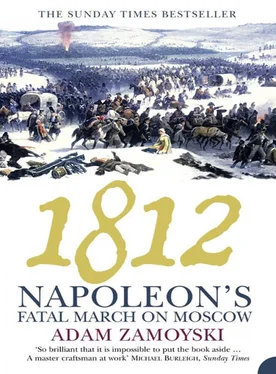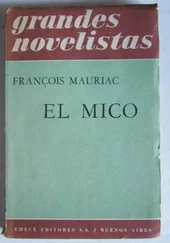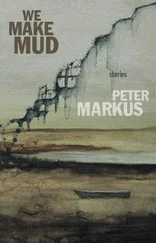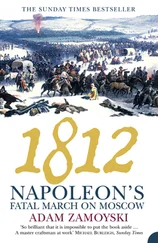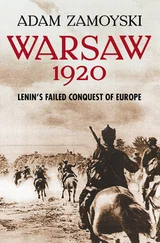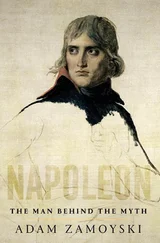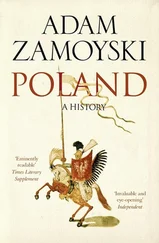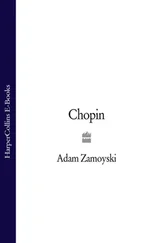Tarle adopted a traditional spiritual view of the events, representing the French victory at Borodino as ‘a moral victory’ for the Russians and the war itself as the crucible of all that was best in Russian history over the next decades. He also built up the image of Kutuzov, as a kind of metaphysical emanation of the Russian people, their true leader in every sense. 4But it was his colleague P.A. Zhilin who made the obvious connection between Kutuzov and Stalin as saviours of the fatherland.
Hitler’s invasion of Russia in 1941 and the titanic struggle that followed added substance to this connection, and the events of 1812 provided a wonderful source of propaganda material. The ‘Patriotic War of 1812’, as it would henceforth be known, could be viewed as a dress rehearsal for what became the ‘Great Patriotic War’. Tarle’s book was translated and published widely in the West, in order to help make the point that a peace-loving Russia had been attacked for no reason at all – deftly burying the embarrassing fact that, just as in 1812, Russia had been a complicitous ally of the other side up to the very outbreak of hostilities – but that her people and the great leaders that sprung from their bosom were invincible.
For a brief period following Stalin’s death in 1953 an element of objectivity entered Russian historiography, and a number of solid studies on the economic, political and diplomatic background, the military preparations and other aspects saw the light of day. But the advent of Brezhnev put the lid on this. Historians such as L.G. Beskrovny plugged the old patriotic nostrums and shamelessly repeated obvious falsehoods. French numbers were regularly inflated and those of the Russian forces scaled down. The persona of Kutuzov took on a life of its own. The luxury-loving prince was transformed into a kind of peasant leader who was in some mysterious way ‘in conflict’ with the Tsar and the system. Every blunder he made was represented as a piece of cunning, the actual effect of which was not defined, and every failure to act as a brilliant strategic ploy.
This kind of interpretation went unchallenged until the late 1980s, when a new generation of historians, such as A.A. Abalikhin, V.G. Sirotkin, S.V. Shvedov, Oleg Sokolov and N.A. Troitsky brought a freshness and honesty to the subject never known before. But it will probably be some time before a satisfying synthesis emerges from this.
The handful of Western historians who have written on the subject have made modest use of available Russian primary sources, relying instead on the works of their Russian colleagues. Not surprisingly, they have accepted the facts and figures they found in these. More surprisingly, most have also accepted some of the interpretations and ingested, albeit unconsciously, a dose of their emotional and political flavour.
Virtually all the extant documentary material concerning the political and military events covered by this book has been published and available for decades. It would be interesting, and possibly worthwhile, to investigate further areas such as the question of how the episode impacted on the structures of the Russian state, its economy and attitudes to authority. It might also be profitable to go back to the manuscript originals of some of the printed sources, particularly where these have been translated from French into Russian. But it is highly improbable that new documents of any significance will come to light, or that further detailed research in any ancillary field will throw up fresh evidence on the causes of the war, its conduct, the numbers involved, the extent of the losses or any of the other vital aspects.
The ground has therefore been thoroughly prepared, and now that the nationalist passions and the political imperatives have ebbed away, the task of writing about the events of 1812 should present a less daunting prospect. But it remains a formidable one. For this was not just any war. It was the climax in a protracted struggle between Napoleon and Alexander, between France and Russia, and between the ideological inheritance of the European Enlightenment and the French Revolution on the one hand, and a reactionary combination of Christianity, monarchism and traditionalism on the other. It involved the whole of Europe, and its repercussions were therefore widespread as well as long-lasting. Its scale was unprecedented, and raised a number of issues hitherto unknown in military history. It was also the first modern war, in that the entire Russian people were forced by their own government to participate actively, and popular feeling became an element of military strategy. It is impossible to isolate any of these elements from the others, as the conflict does not make sense without at least an awareness of the depth and breadth of the issues involved.
To do justice to such a subject would take many years, and a book at least twice the length of this one, which is not intended to be in any way a definitive work. It is not a full record of the military operations, which involved dozens of engagements and ranged over a vast area. Nor does it aspire to be any more than an outline of the diplomatic relationship between France and Russia. My principal aim in writing this book has been to tell an extraordinary story, of which everyone has heard but very few have any real knowledge. I have attempted to place it in its wider context and to touch on its deeper significance. Above all, I have tried to convey what these events meant for those concerned, at every level – for this is par excellence a human story, of hubris and nemesis, of triumph and catastrophe, of glory and squalor, of joy and suffering.
I have therefore drawn heavily on the first-hand accounts of participants, of which there are a remarkable number. There is much variation between them, in terms of both accuracy and literary quality: some are original letters or diaries; others are memoirs written from diaries; memoirs written from memory, some of them composed within a year or two, others decades later; accounts based on personal experience and documentation; and regular histories written by participants, some of whom were in key positions, others only witnesses. I have taken these factors into account in making use of them, and I have avoided basing myself too heavily on, for instance, the much-quoted Ségur, who was not a central figure but who wrote as though he had been, and subjected his writing to exalted literary pretensions; I also avoid his main critic, Gourgaud, who was himself not as well placed to know what was going on as he suggests, and who subjects his account to uncritical worship of Napoleon.
I have been driven by the same desire to reproduce the human experience in my choice of illustrations, and in this I have been aided by another unique aspect of this war. This was the only campaign before the age of photography to have been graphically recorded by a number of participants, some of whom were distinguished artists. Not until the American Civil War, half a century later, would the realities of war be conveyed through such vivid insights. In view of this, I decided to dispense with the array of pompous and largely meaningless battle scenes that usually adorn this kind of book, and to concentrate on providing something more akin to a photographic record of life on campaign. Apart from the small number of portraits of the main protagonists, almost every image was drawn or painted by a participant, either on the spot or from memory, and the few exceptions to this were executed under the direction of participants.
Where I feel a quotation or a statement of fact needs it, I have given references to other first-hand accounts which support it. But in order to keep down the quantity of reference numbers on the page, I have often lumped together several quotations or a series of linked facts contained in a single paragraph under the same one. The translations are all mine, except in cases where the book was only available to me in another’s translation, and in the case of the translations from German, in which I was helped by others.
Читать дальше
